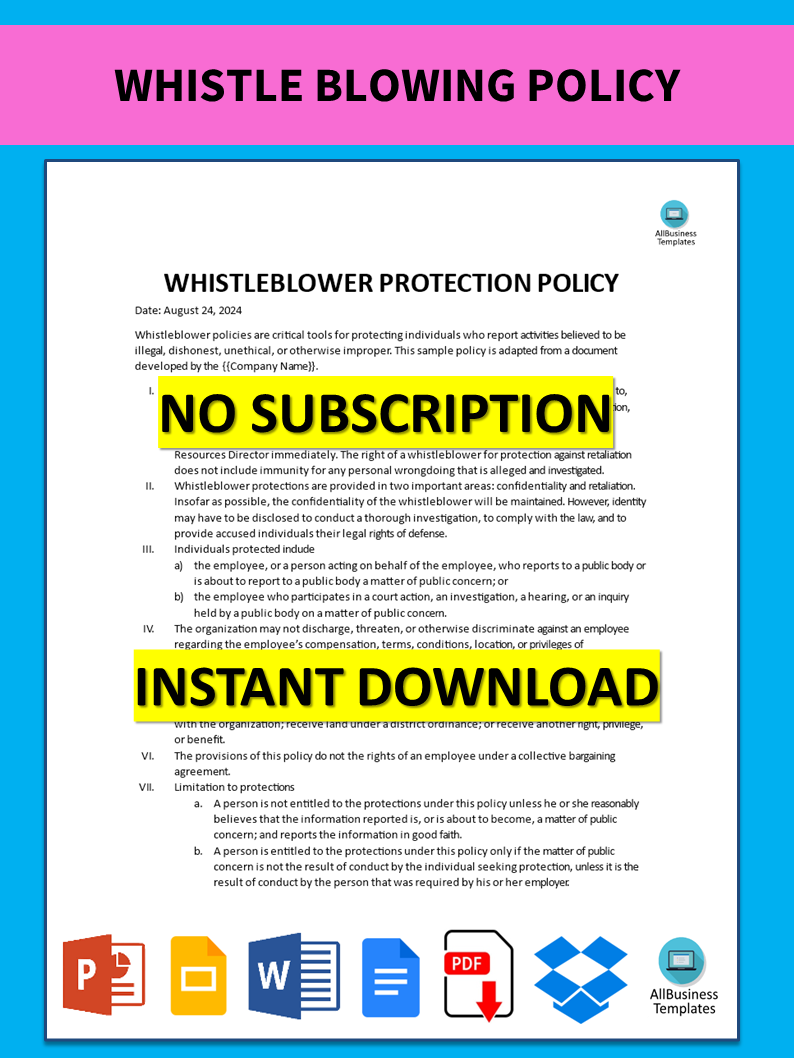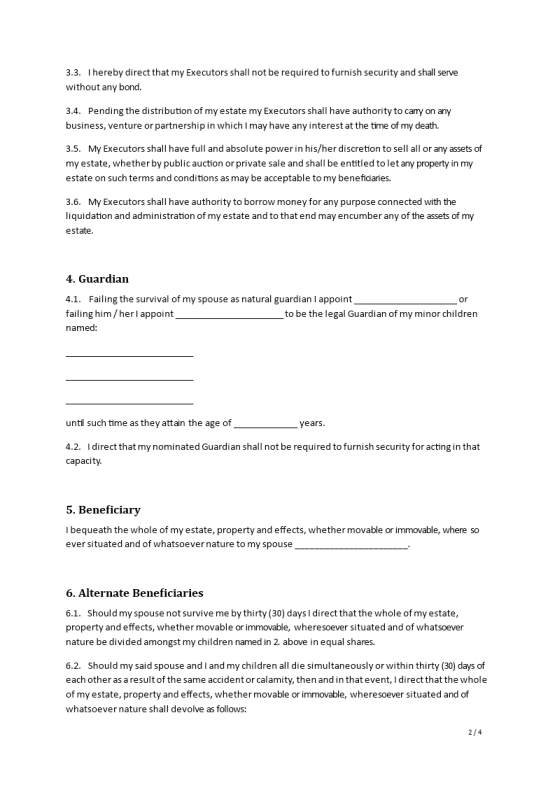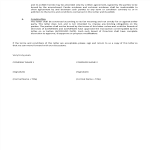Whistle Blowing Policy

Guardar, completar los espacios en blanco, imprimir, listo!
Do you want a template for whistleblowing policies? Download our whistle-blowing policy template now which enables employees to report all forms of discrimination and malpractice occurring within an organization.
Formatos de archivo disponibles:
.docx- Este documento ha sido certificado por un profesionall
- 100% personalizable
Legal Jurídico
What makes a whistle-blowing policy so important? Do you want a template for whistleblowing policies? The comprehensive framework provided by our whistle-blowing policy template enables employees to report all forms of discrimination and malpractice occurring within an organization. It ensures that incidents reported are treated confidentially and that no employee suffers from retaliation.
A whistleblower policy sample is a standard document that explains the activities, rights, and obligations concerning the reporting of immoral or unlawful actions in an establishment. This document assists companies in developing their whistleblowing policies so that all employees and other stakeholders know the correct channels for raising complaints and what measures are put in place to protect them.
Why a whistle-blowing policy is essential?
A whistle-blowing policy is critical for a variety of factors because it is essential in the preservation of integrity, transparency, and the ethical standards of an organization. The major reasons why a whistle-blowing policy has great importance are:
- Encouraging Ethical Behavior
- A whistle-blowing policy encourages employees and other stakeholders to report unethical, illegal, or unsafe activities without being afraid of retaliation. In this way, issues can be identified and resolved before they grow.
- Protects Whistle-Blowers
- Prevents Retaliation: The policy outlines protections for individuals who report misconduct such that they are not subjected to harassment, demotion, or any other form of retaliation. This protection is essential in encouraging people to come forward.
- Legislative Compliance: Many jurisdictions have laws that protect whistleblowers. A well-drafted policy assists organizations to comply with these laws thereby minimizing chances of legal liability.
- Enhancing Organizational Transparency and Accountability
- Improves Trust: By having a whistle-blowing policy in place, the organization shows its commitment towards transparency thus fostering trust among employees, customers, investors as well as the general public.
- Holds Wrongdoers Accountable: Through this policy those involved in immoral or illegal acts will be reported therefore ensuring each individual takes responsibility for his/her actions.
- Risk Prevention and Mitigation
- Recognizing Problems Early: The act of blowing the whistle is a mechanism that enables organizations to detect and address issues such as fraud, corruption, breaches of safety, or discrimination at an early stage; this could help in preventing financial loss, legal consequences, and reputation damage.
- Enhancing Risk Management: By fostering the reporting of risks, the organization can take proactive measures that would serve to reduce those risks improving overall risk management.
- Legal and Regulatory Compliance
- Meets Legal Requirements: In some sectors/disciplines in certain countries, it’s mandated by law that organizations have a policy for whistle-blowing; noncompliance may lead to fines, lawsuits, or revoke of licenses.
- Promotes Corporate Governance: Together with other elements of corporate governance practices good whistle-blowing policy supports enhanced regulatory compliance and best practices.
- Employee Empowerment
- Speaking out for Employees: The policy ensures that employees are empowered by having well-defined routes accessible to them that are secure if they want to voice their concerns. This would boost morale while making the workplace more diverse.
- Responsibility Is Encouraged; An employee’s sense of responsibility increases when they know reporting systems exist for addressing improper behavior.
- Protecting the Organization’s Reputation:
- Maintaining Public Trust: By addressing issues internally through a whistle-blowing policy, they can keep them from becoming public scandals thus protecting the reputation of the organization.
- Demonstrating Ethical Leadership: Organizations characterized by robust programs for whistle-blowing are often regarded as ethical business practice leaders which are attractive to clients, financiers, and human resources.
- Supporting Continuous Improvement:
- Areas for Improvement Overview: Whistle-blowing reports can point out sectors in which the organization needs to amend its policies, regulations, or culture.
- Encouraging Learning and Development: Through studying whistle-blowing instances, an organization can learn from mistakes made so far and instigate alterations to avoid similar challenges in the future.
To sum up, a whistle-blowing policy encourages ethical behavior, protects the organization and its employees, and ensures adherence to legal and regulatory frameworks. Therefore, it plays an important role in maintaining the integrity and success of firms in the long run.
The objectives of a whistle-blowing policy:
- Promote Ethical Behavior: Motivate workers to communicate any nefarious or unlawful acts they see committed by others.
- Protect Whistle-Blowers: In safeguarding the complainant from possible vengeance, good faith in reporting has to be maintained.
- Compliance: Assists the organization in adhering to certain rules as well as legislation governing the activities it engages in.
- Transparency and Accountability: It develops an environment where people are encouraged to speak up regarding wrongdoings that exist within their organizations and always take responsibility for their actions.
The template can be tailored according to the specific requirements, laws, and culture of an organization.
DESCARGO DE RESPONSABILIDAD
Nada en este sitio se considerará asesoramiento legal y no se establece una relación abogado-cliente.
Deja una respuesta. Si tiene preguntas o comentarios, puede colocarlos a continuación.



